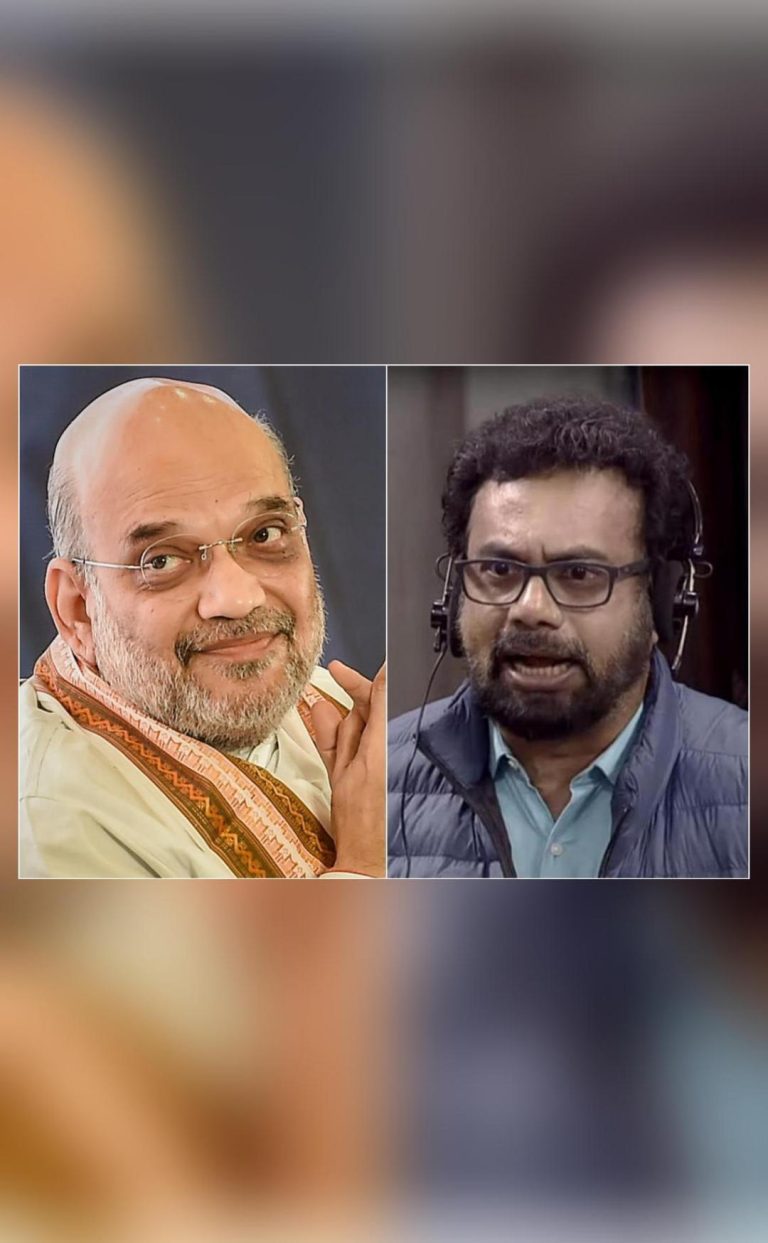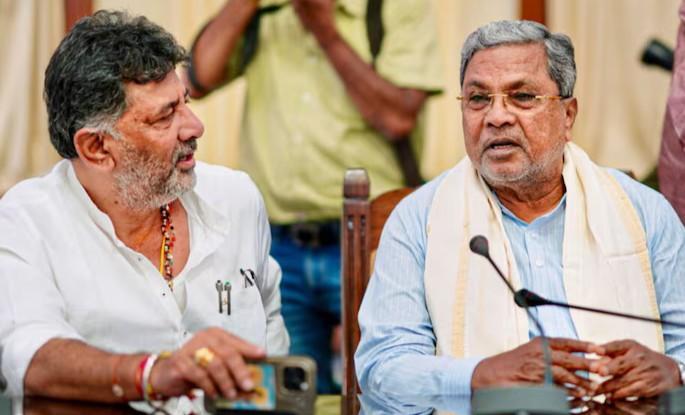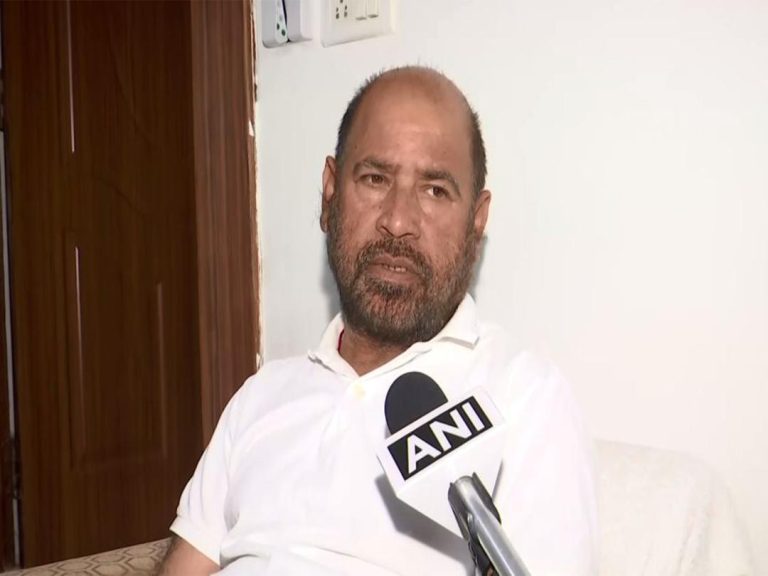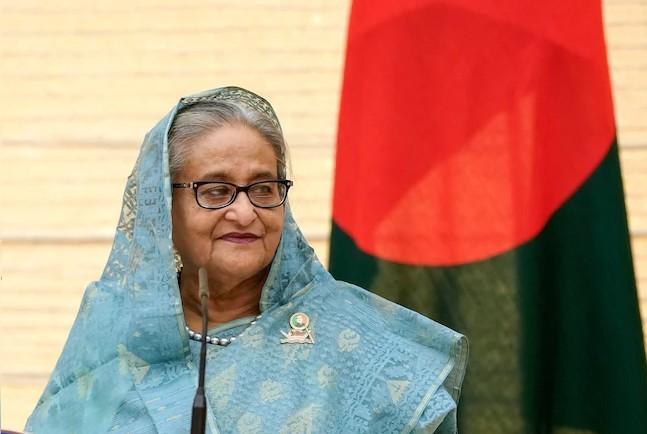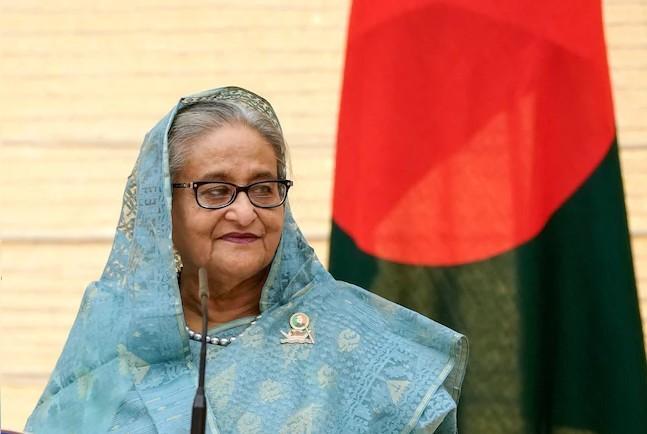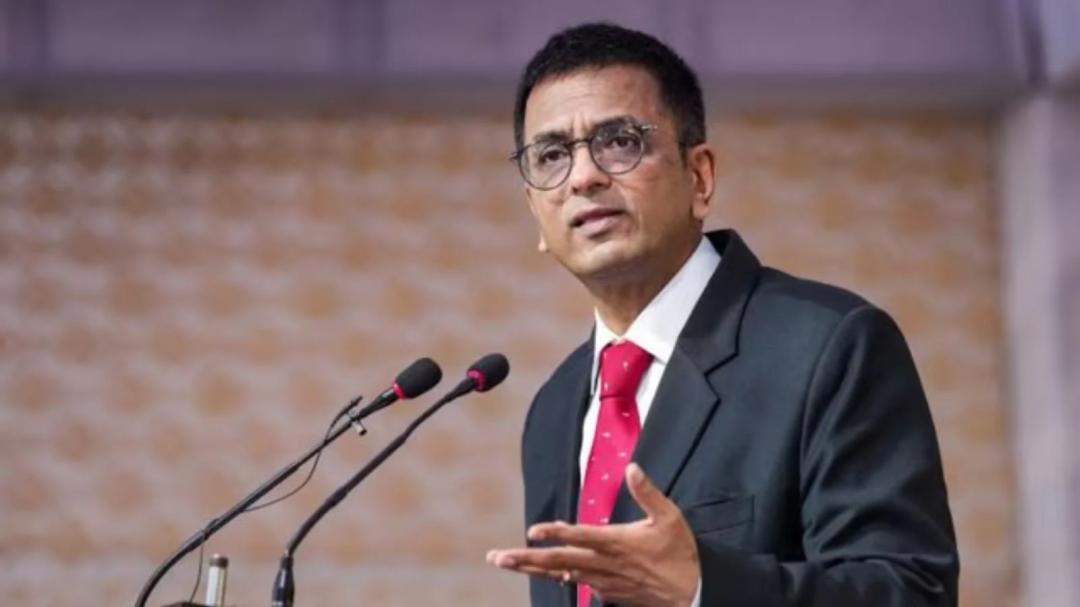
Title: One Nation One Election Bill not unconstitutional: DY Chandrachud
The concept of holding simultaneous elections is not new to India. In fact, the idea was first introduced by the Tandon Committee in 1990. Since then, several attempts have been made to implement it, but it has always faced opposition and skepticism. Recently, the One Nation, One Election Bill was tabled in the Parliament, and it is currently being examined by the Joint Parliamentary Committee (JPC). To provide some perspective on the bill’s constitutionality, two former Chief Justices of India, JS Khehar and DY Chandrachud, shared their views before the JPC.
DY Chandrachud, one of the former CJIs, opined that the One Nation, One Election Bill does not hamper the basic structure of the Constitution. He emphasized that the bill is not unconstitutional and that it needs some work to address certain grey areas. Chandrachud’s viewpoint is significant, as he has been a vocal advocate for electoral reforms.
The bill aims to hold simultaneous elections for the Lok Sabha, state assemblies, and local bodies. This would mean that elections would be held only once in five years, instead of the current scenario where multiple elections are held within a short span of time. Proponents of the bill argue that this would reduce the financial burden on the government, minimize the disruption to governance, and increase the accountability of elected representatives.
However, opponents of the bill have raised several concerns. They argue that holding simultaneous elections would be logistically challenging, especially in states with large electorates. They also point out that the bill could lead to a situation where voters are forced to choose between party symbols and candidates, rather than making informed decisions based on the candidates’ merit.
Despite these concerns, Chandrachud believes that the bill is not unconstitutional. He emphasized that the Constitution allows for the Parliament to amend laws to ensure the smooth functioning of the government. In his opinion, the bill aligns with the spirit of the Constitution and does not infringe upon the basic structure of the Constitution.
Chandrachud’s views are supported by the Constitution (97th Amendment) Act, 2012, which allowed for the introduction of simultaneous elections. The Act amended Article 81(3) of the Constitution, which deals with the composition of the House of the People (Lok Sabha). The amendment allowed for a single election to be held for the Lok Sabha and state assemblies, provided that the term of the state assemblies would not exceed five years from the date of the election.
In addition to Chandrachud, another former CJI, JS Khehar, also shared his views on the bill. Khehar emphasized that while the bill is a step in the right direction, it needs to be refined to address certain issues. He pointed out that the bill does not provide for a mechanism to ensure the smooth transfer of power from one government to another. He also highlighted the need for a clear framework to govern the conduct of elections.
Khehar’s concerns are valid, as the bill does not provide for a mechanism to ensure a smooth transfer of power. In the current system, the term of the Lok Sabha and state assemblies overlaps, which can lead to a situation where there are two governments in the same state. The bill does not provide for a clear framework to address this issue.
Despite these concerns, Chandrachud believes that the bill is a step towards electoral reforms. He emphasized that the bill needs some work to address the grey areas, but it is not unconstitutional. He also pointed out that the bill has the potential to increase the accountability of elected representatives, as they would be accountable to the people for a longer period.
In conclusion, the views of DY Chandrachud and JS Khehar on the One Nation, One Election Bill are significant. While Khehar has raised some concerns about the bill, Chandrachud believes that it is not unconstitutional and does not hamper the basic structure of the Constitution. The bill needs some work to address the grey areas, but it has the potential to increase the accountability of elected representatives and reduce the financial burden on the government.
It remains to be seen whether the bill will be passed in its current form or if it will be refined to address the concerns raised by Khehar. However, one thing is clear: the One Nation, One Election Bill has the potential to bring about significant changes to the electoral landscape of India.
